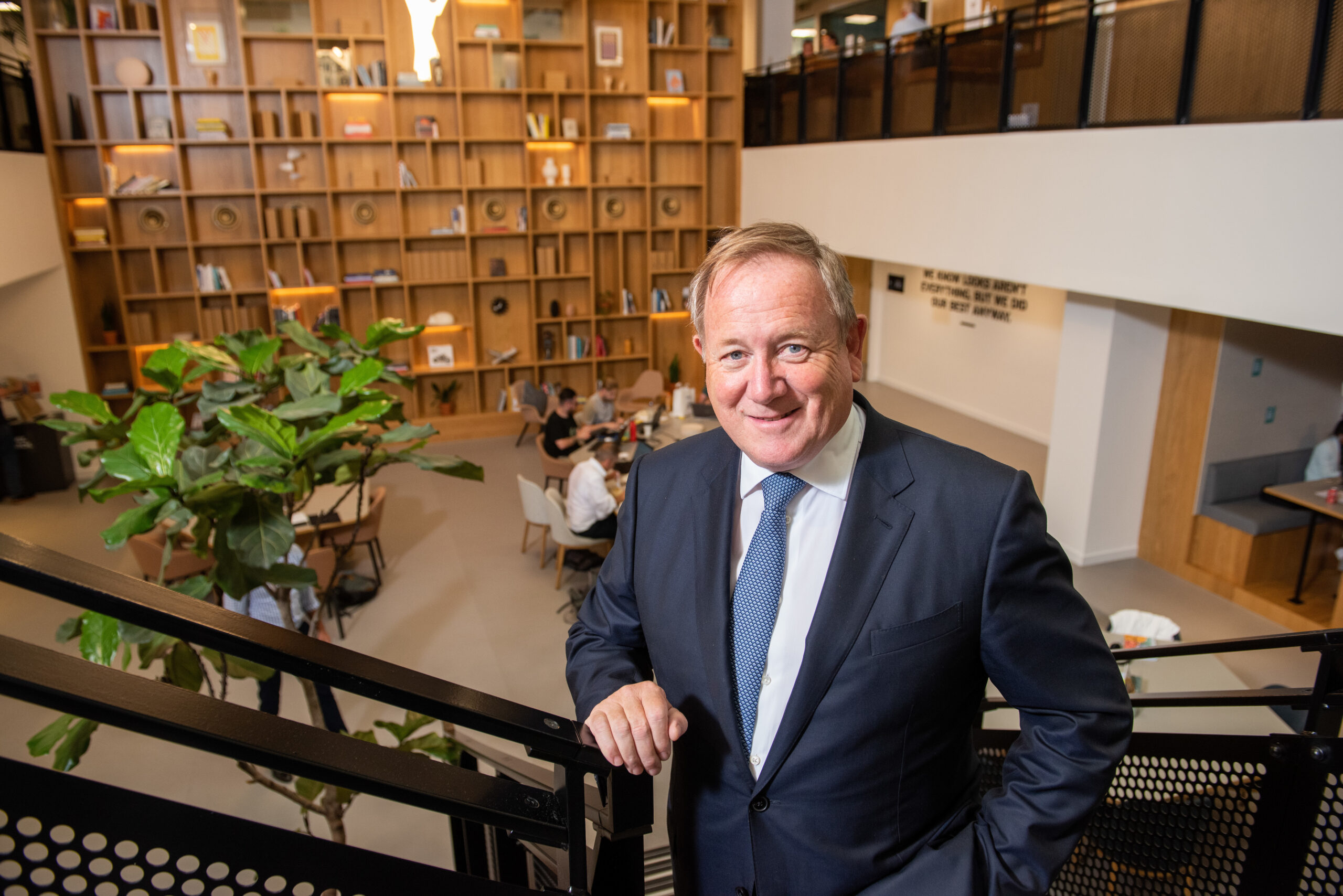Remote working gains global traction due to COVID-19
- Shawn Liew
- Topics: Home Page - News, Jobs, News

As the COVID-19 outbreak continues to disrupt business operations around the world, HR leaders must respond quickly and comprehensively, and consider both immediate and long-term talent consequences, said Gartner.
A new survey of 800 global HR executives by the global research firm found that 88% of organisations have encouraged or required employees to work from home, regardless of whether or not they showed conoravirus-related symptoms. Nearly all organisations (97%) have cancelled work-related travel, more than an 80% increase since March 3.
The Gartner survey also shows that organisations are trying to balance employee needs with financial realities by introducing a variety of approaches to time-off policies in response to COVID-19. For COVID-19 related absences, almost half of employers (48%) require employees to use sick leave first, then vacation leave and finally PTO. 20% of organisations increased PTO for workers who are sick and/or caring for children whose schools are closed.
Brian Kropp, chief of research for the Gartner HR practice, said, “Our research shows that only a minority of employers plan to downsize or ask employees to take unpaid leave. Instead, most organisations are focusing on measures such as more effective use of technology and freezing new hiring to cut costs.”
When possible, most employers are striving to minimise impact to existing employee salaries, even as they look to cut costs. 70% of organisations identified the more effective use of technology as their main cost-cutting measure, while nearly half have put a halt to new hiring. The focus is also to look externally, with 20% of organisations planning to stop or limit consultant spend and/or reduce the number of contract workers. Only 10% of employers plan to reduce working hours, and just 6% mandate employees to take unpaid leave.
To more effectively manage remote workers during the COVID-19 outbreak, Gartner recommends HR leaders to provide direction, confidence and resilience, contextualise COVID-19 for the organization, encourage intentional peer-to-peer interactions, establish team guidelines, and provide flexibility for employee’s remote work needs.






